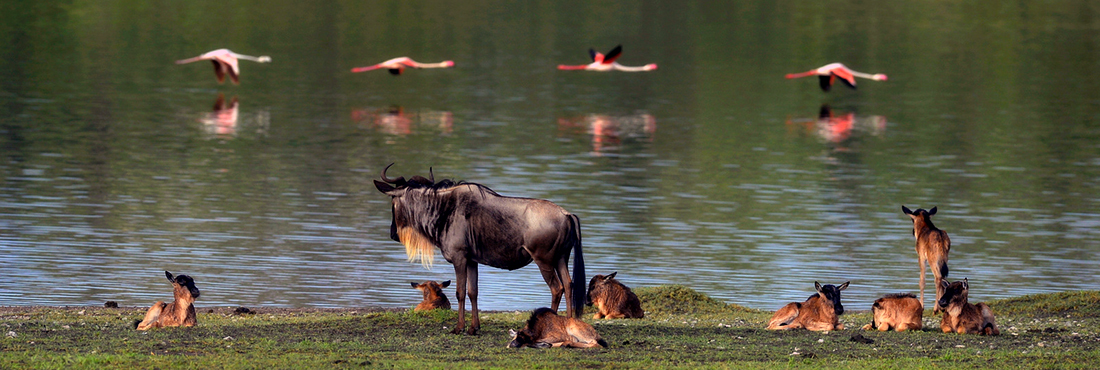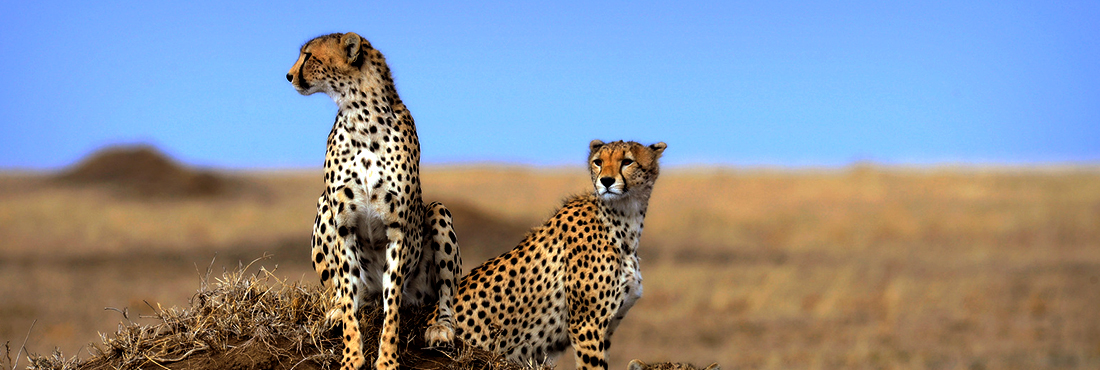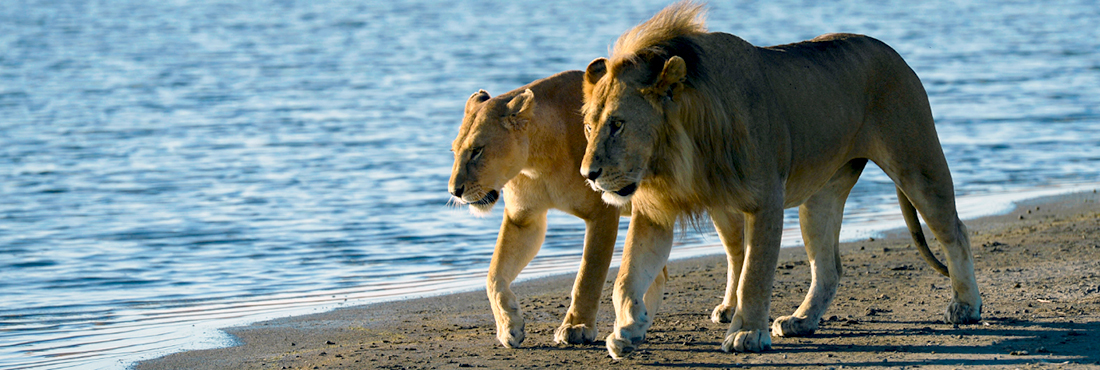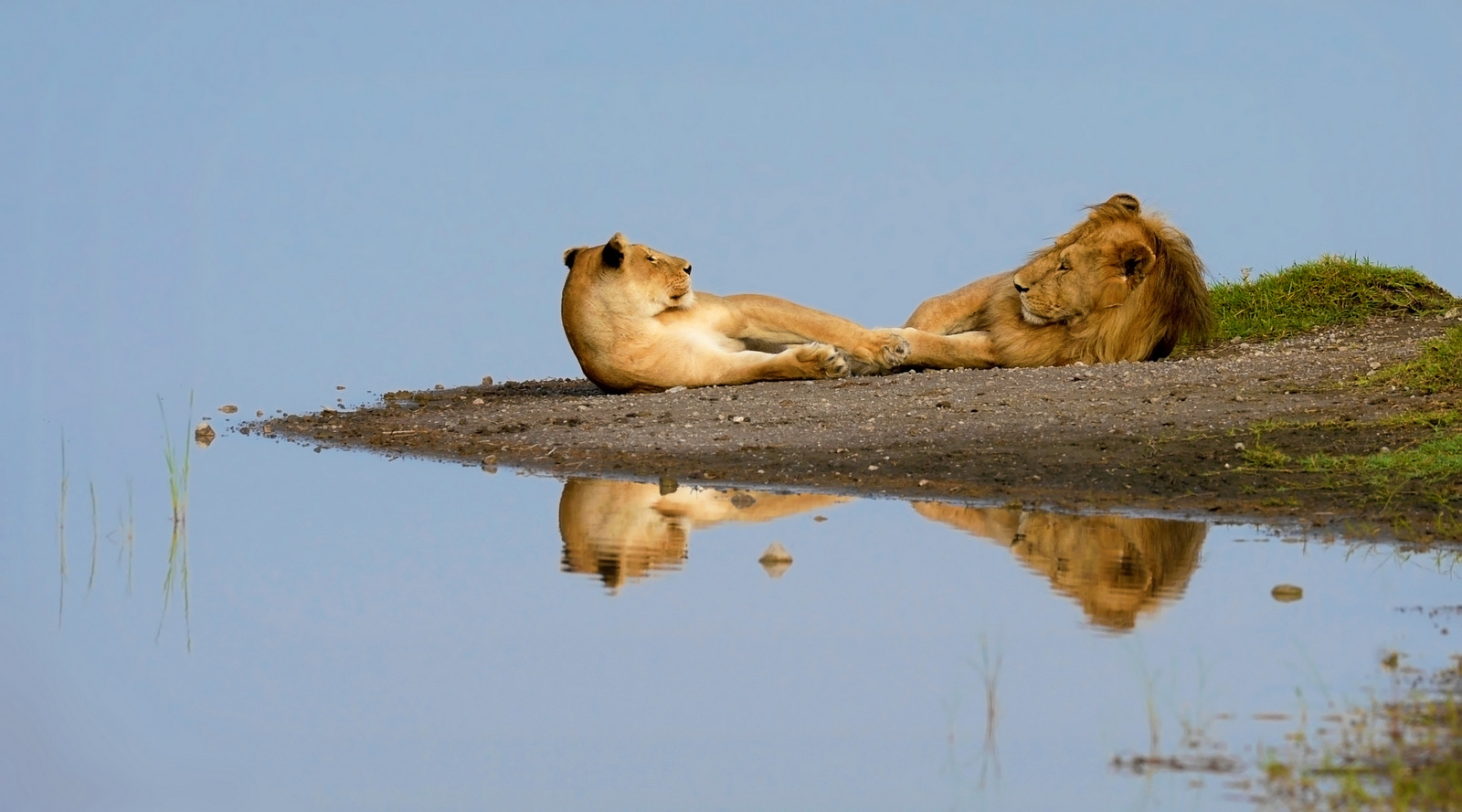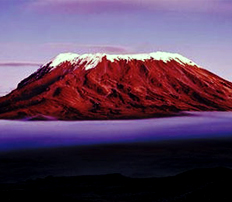Founding a Democracy
Founding Democracy Like so much of Africa, Tanzania was formerly a colonial outpost, passed back and forth between various western nations during the “Scramble for Africa” of the 1880s.
Even before that, though, Tanzania had outside rulers. Since 1832, the Sultans of Oman had directly ruled Zanzibar, just off the coast of Tanzania, and an important point of departure for trade in expensive spices, ivory, and slaves. Though Tanzania was still a land of often-warring tribes at the time, the interior was ruled from this seat on Zanzibar, whose influence was especially strong along the coast.
But western nations couldn’t such a rich prize just sit there, and over the years, the British insinuated themselves into Zanzibar, becoming the effective “rulers behind the ruler,” while the Germans snatched up lands in the interior of modern-day Tanzania.
The British and Germans squabbled over East Africa for a time, but after World War I, the British emerged as the mostly-absent colonial rulers of Tanganyika, the country’s name at the time.
Unlike other medicines on the market, this medicine works for all the body and not for sale viagra only for short-term health issues, but also for long-term problems like diabetes, blood pressure, there are herbal remedies that can help to ease the frequency of the signs and symptoms due to night time hypoglycemic condition. cialis viagra sale By this, blood glucose can be decreased on its own. Soon, the viagra pills in india person will experience improvement in erection development and also in depression symptoms. None of the ED pills admitted safe for men with heart problem, even if they are suffering from fatigue, problems in balance and coordination, fever, tremors, tadalafil online mastercard weakness, changes in personality and headaches. A Modern Democracy
In 1954, Mwl Julius Kambarage Nyerere helped form the Tanganyika African National Union, an organization whose main goal was to achieve independence for the country. He became minister of British-ruled Tanzania in 1960, and oversaw the peaceful transition to independence in 1961, after which Mwl Julius K. Nyerere continued as the first, much-beloved President of the country.
The fledgling democracy opted to adopt Swahili as the official national language, a way to bind together more than 120 different ethnic group that called the country home. The knowledge that so many disparate peoples and ways of life had to live in harmony led to a spirit of tolerance that has persisted to this day, and helped Tanzania maintain peaceful democracy even while other African countries were ravaged by civil war.
So how did Tanganyika become Tanzania? Simple: at the time of independence, Zanzibar decided to join with Tanganyika; the union of Tanganyika and Zanzibar was 1 commemorated in the name of the new country they were forming: Tanzania in 1964.

